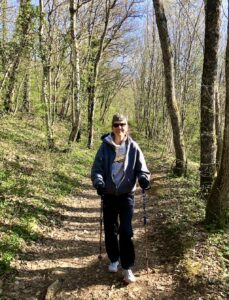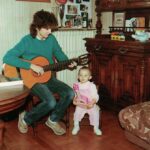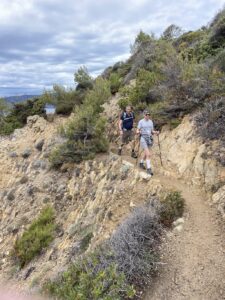
Keep Walking
“I considered my options
There was only one I knew
There was always only one.
To keep walking.”
from Brave Enough by Cheryl Strayed
So simple, yet so profound. Trapped in my royal blue funk, regretting, lamenting, mourning for all the things I can no longer do, I take comfort in the words of a woman who walked the Pacific North Trail solo and chronicled her journey in her best selling memoir Wild.
I can’t ski, skate, bike, play basketball, or pickle ball or any kind of ball game. I can’t hop, skip, or jump. But I can stand tall. Shoulders back, chin up, head high. I can put one foot in front of the other.
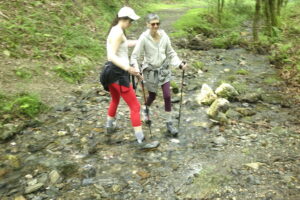
Why is that so hard to do? I feel like rigor mortis set in while I sleep. When I wake up each morning, I am caught by surprise. So I roll out of bed, crawl onto my yoga mat, stretch my stiff limbs and marvel.
I am still here.
Alive.
Each new day is a clean slate. A chance to get it right.
I remember to smile, be kind, offer encouragement. Someone else is in much worse shape, facing far greater trials, struggling to survive in tougher circumstances.
Today I had an epiphany.
I am an athlete. Still. Only now I am training for life.
Though I will never again play my beloved ball games, I can raise my arms, clap my hands, stomp my feet, wiggle my hips, shake my booty. I can still dance.
I inherited the iron will of my ancestors whose footprints I try so hard to emulate in spite of setbacks.
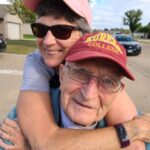 My father and grandfather, good sportsmen, great coaches, dedicated their lives to helping others find their way and offered me stellar examples of resiliency. They remained athletes at heart, determined to stay as active as their bodies would allow until their final hours.
My father and grandfather, good sportsmen, great coaches, dedicated their lives to helping others find their way and offered me stellar examples of resiliency. They remained athletes at heart, determined to stay as active as their bodies would allow until their final hours.
I can still move.
I may be slower, stiffer, clumsier, but I can sit, stand and even roll over like Rover.
I’m lucky to be here!
Right now.
Today.
We, human beings, take so much for granted until it’s gone.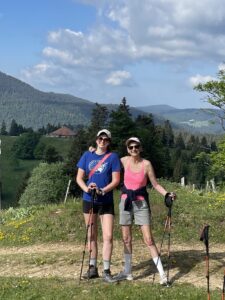
Aging can be a losing game. Combined with bad luck, terrible accidents, and bizarre ailments, no one can perceive what challenges await.
Today is our only guarantee.
Seize the moment.
Be brave enough to take another step.
As a child I hated to walk, I would rather run. Walking was too slow, too boring. Now walking saves my soul.
We are all just walking and walking, trying our best to find our way.
To stay the course.
To step forward.
To believe.
Eventually all roads lead to the mountaintop.

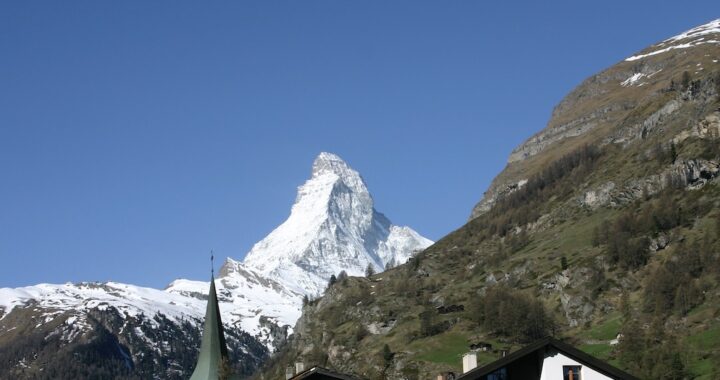
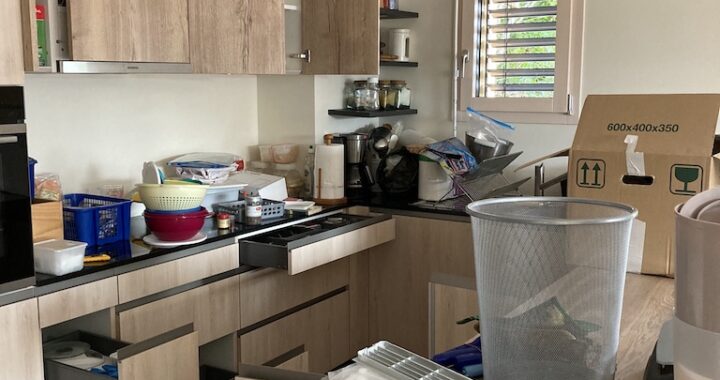
 Everyone has a crazy moving house story to share, but can you top this?Changing a domicile, never easy in the best circumstances, becomes an even greater challenge when unforeseen complications arise.
Everyone has a crazy moving house story to share, but can you top this?Changing a domicile, never easy in the best circumstances, becomes an even greater challenge when unforeseen complications arise.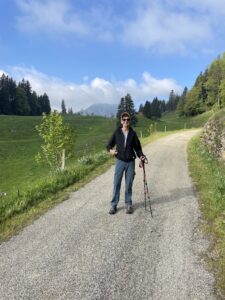 As the move-in date approached, our anxiety increased. To de-stress, a few days before moving day, I walked our usual trail next to our Airbnb. The path wound through the woods, then down a steep slope to the train track. Ba-da boom! Whoosh! My feet slipped out from under me; I landed smack on my tailbone, walking sticks flying.
As the move-in date approached, our anxiety increased. To de-stress, a few days before moving day, I walked our usual trail next to our Airbnb. The path wound through the woods, then down a steep slope to the train track. Ba-da boom! Whoosh! My feet slipped out from under me; I landed smack on my tailbone, walking sticks flying.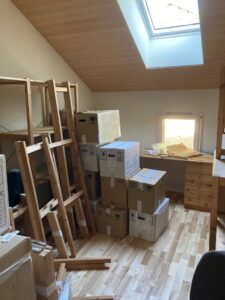
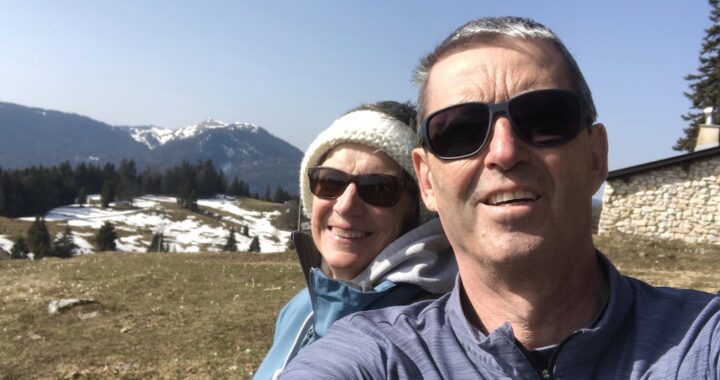
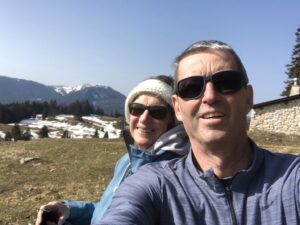 This is the second year anniversary of my death. Only I lived. How do you process a near death experience, when you realized you could have, should have, would have died? Without the miracle of emergency helicopter transport, highly skilled neurosurgeons and endless encouragement of therapists, family and friends, I wouldn’t be here.
This is the second year anniversary of my death. Only I lived. How do you process a near death experience, when you realized you could have, should have, would have died? Without the miracle of emergency helicopter transport, highly skilled neurosurgeons and endless encouragement of therapists, family and friends, I wouldn’t be here.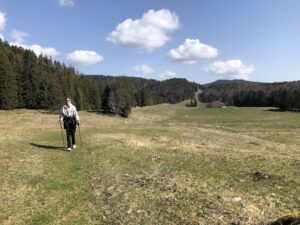
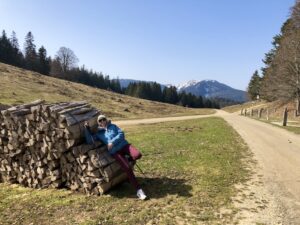 Two years later, I can walk for miles, talk for hours and swim again. I must appreciate how far I have come and accept that my rehabilitation journey is ongoing with therapy, treatment, and exercise until recovery becomes my way of life.
Two years later, I can walk for miles, talk for hours and swim again. I must appreciate how far I have come and accept that my rehabilitation journey is ongoing with therapy, treatment, and exercise until recovery becomes my way of life.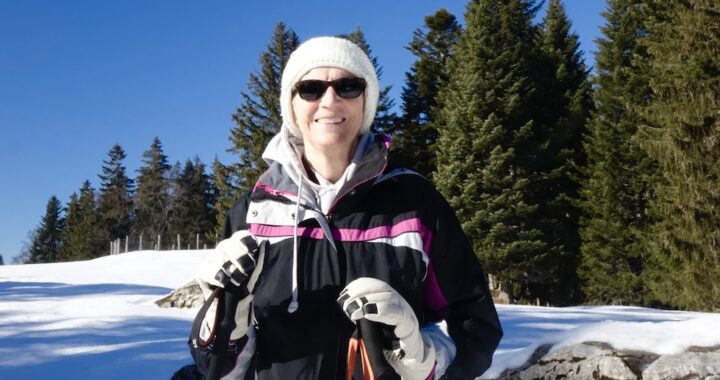
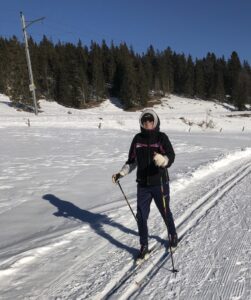 After countless hours of medical treatments, therapy and hard work, I cross-country skied again. I fell in love with the sport, inspired by my Scandinavians ancestors, who invented cross-country skiing centuries ago to circulate across mountains in winter. It reminds me of my forefathers born on the fjords in Northern Norway where reindeer run wild and Laplanders reign, where nature and its preservation is a God given right and obligation.
After countless hours of medical treatments, therapy and hard work, I cross-country skied again. I fell in love with the sport, inspired by my Scandinavians ancestors, who invented cross-country skiing centuries ago to circulate across mountains in winter. It reminds me of my forefathers born on the fjords in Northern Norway where reindeer run wild and Laplanders reign, where nature and its preservation is a God given right and obligation.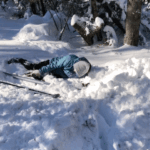 puff around each bend. I remove my skis when I can non longer duck waddle up the steep incline. My fear of falling defeats the fun of gliding downhill. I also take my skiis off to walk down any incline. At sharp bends at the end of slopes, I collapse sideways halfway down the slope. Better to fall gently, but awkwardly on my own terms, then crashing out of control.
puff around each bend. I remove my skis when I can non longer duck waddle up the steep incline. My fear of falling defeats the fun of gliding downhill. I also take my skiis off to walk down any incline. At sharp bends at the end of slopes, I collapse sideways halfway down the slope. Better to fall gently, but awkwardly on my own terms, then crashing out of control.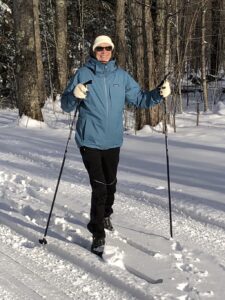 I can still remember the first time I went skiing with a teammate on the golf course of Illinois State University. I’ll never forget the wrath of my coach when I came to practice with a twisted knee after tumbling down the slope on the 9th hole.
I can still remember the first time I went skiing with a teammate on the golf course of Illinois State University. I’ll never forget the wrath of my coach when I came to practice with a twisted knee after tumbling down the slope on the 9th hole.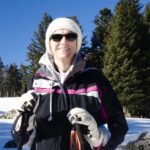 And I feel lucky to be alive.
And I feel lucky to be alive.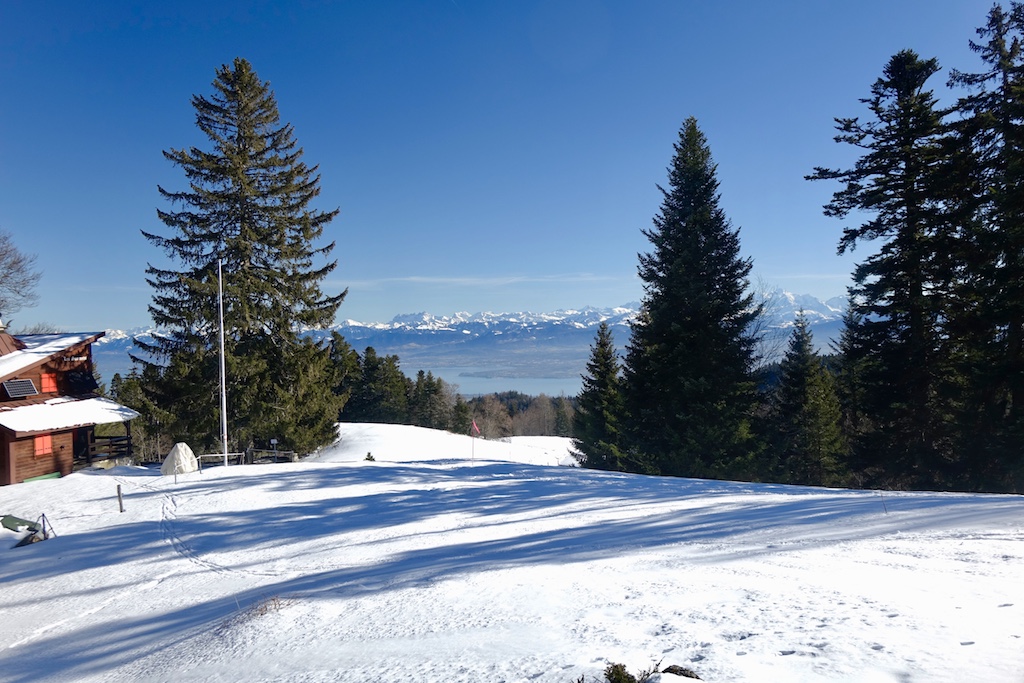
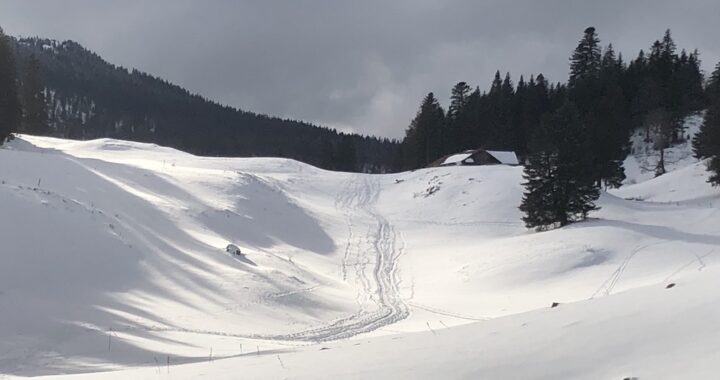
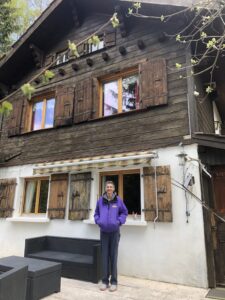 I have been working so hard to recover from traumatic brain injury after a bad fall that wreaked as much havoc with my spine as it did my brain. Once stateside, I spent 6 months, moving between families’ homes in Minnesota, Illinois and Wisconsin and underwent intensive therapy for my back and shoulders.
I have been working so hard to recover from traumatic brain injury after a bad fall that wreaked as much havoc with my spine as it did my brain. Once stateside, I spent 6 months, moving between families’ homes in Minnesota, Illinois and Wisconsin and underwent intensive therapy for my back and shoulders.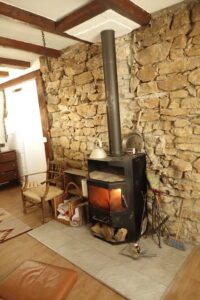 Mid January we returned to Switzerland and landed back in time in our “Heidi hut.” a rented, rustic chalet, chiseled out of the mountainside and heated only by wood burning stove.
Mid January we returned to Switzerland and landed back in time in our “Heidi hut.” a rented, rustic chalet, chiseled out of the mountainside and heated only by wood burning stove.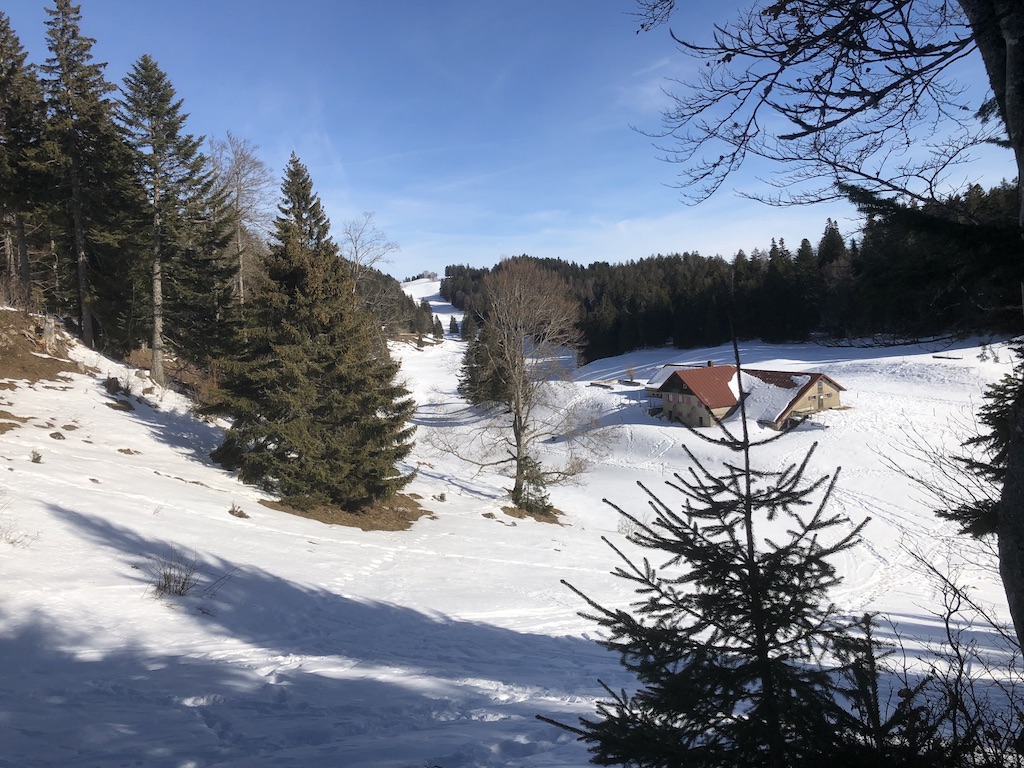
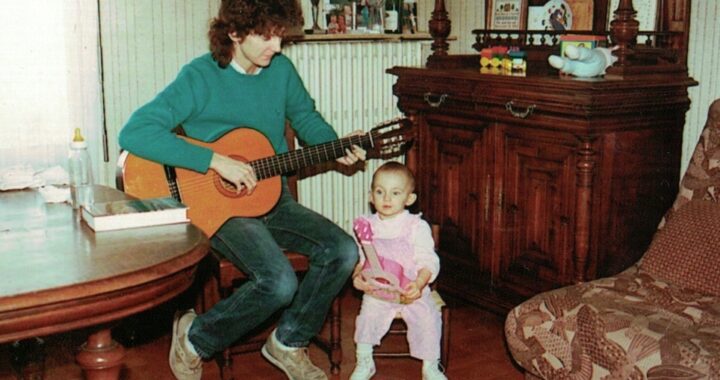
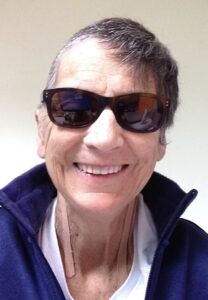 My head hurt, my face hurt, my right side hurt. One side of my head was shaved. I reached up and traced the scar dissecting my skull from my forehead to my earlobe.
My head hurt, my face hurt, my right side hurt. One side of my head was shaved. I reached up and traced the scar dissecting my skull from my forehead to my earlobe.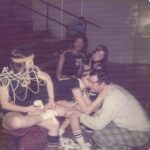 to hallucinations.
to hallucinations. With my daughter, nieces, siblings and dear mom, helping him regain mobility and self care, my determined dad learned how to push out of his chair and walk unassisted again. Just like I once I relearned how to tie my shoes, grasp utensils, and button my shirt.
With my daughter, nieces, siblings and dear mom, helping him regain mobility and self care, my determined dad learned how to push out of his chair and walk unassisted again. Just like I once I relearned how to tie my shoes, grasp utensils, and button my shirt.